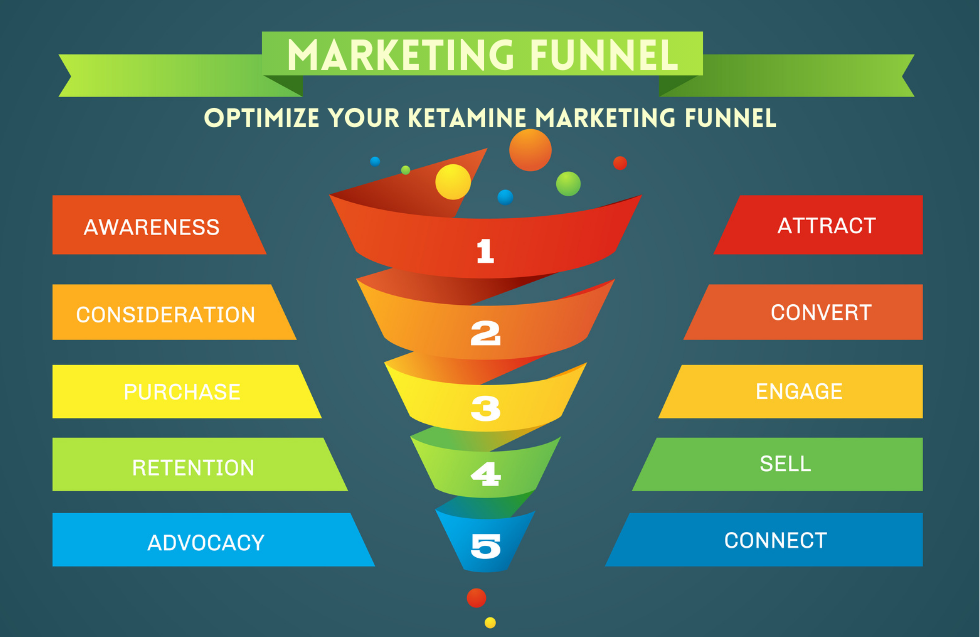In today’s digital age, establishing a strong online presence is crucial for the success of any new business. Search Engine Optimization (SEO) plays a vital role in this endeavor, enabling businesses to enhance their visibility, attract potential customers, and ultimately drive growth. This blog will explore what new businesses need to know about SEO, its importance, and the strategies they can implement to gain a competitive edge.
The Importance of SEO for New Businesses
1. Enhanced Visibility
SEO helps your business appear in search engine results when potential customers look for products or services related to your industry. Higher visibility leads to increased website traffic, brand awareness, and credibility.
2. Cost-Effective Marketing
Unlike paid advertising, SEO focuses on organic traffic, which is free. By investing time and resources in SEO, new businesses can achieve long-term results without continuously spending on ads.
3. Building Trust and Credibility
A well-optimized website not only ranks higher in search results but also offers a better user experience. This builds trust and credibility with your audience, leading to higher conversion rates.
4. Competitive Advantage
Implementing effective SEO strategies can help new businesses outrank established competitors in search results, giving them a significant advantage in attracting and retaining customers.
SEO Strategies for New Businesses
Keyword Research
Keyword research is the foundation of any successful SEO campaign. Identify the terms and phrases your target audience is using to search for your products or services. Use tools like Google Keyword Planner, Ahrefs, or SEMrush to discover relevant keywords with high search volume and low competition.
On-Page SEO
On-page SEO involves optimizing individual pages on your website to rank higher in search results. Key elements include:
- Title Tags and Meta Descriptions: Ensure each page has a unique and compelling title tag and meta description that includes your target keywords.
- Header Tags: Use header tags (H1, H2, H3) to structure your content and include relevant keywords.
- URL Structure: Create clean and descriptive URLs that include your primary keywords.
- Content Optimization: Produce high-quality, engaging content that provides value to your audience. Incorporate keywords naturally and ensure your content is informative and easy to read.
- Image Optimization: Use descriptive file names and alt text for images to improve search engine understanding and accessibility.
Technical SEO
Technical SEO focuses on the backend of your website to ensure it is easily crawlable and indexable by search engines. Key aspects include:
- Site Speed: Optimize your website’s loading speed by compressing images, leveraging browser caching, and minimizing CSS and JavaScript files.
- Mobile-Friendliness: Ensure your website is responsive and provides a seamless experience on all devices.
- XML Sitemap: Create and submit an XML sitemap to search engines to help them understand your site structure.
- Robots.txt: Use a robots.txt file to guide search engine crawlers on which pages to index.
Content Marketing
Content marketing is a powerful tool for attracting and retaining customers. Create and share valuable content, such as blog posts, articles, videos, and infographics, that addresses your audience’s needs and interests. Regularly update your content to keep it fresh and relevant.
Link Building
Building high-quality backlinks from reputable websites signals to search engines that your site is authoritative and trustworthy. Strategies for link building include:
- Guest Blogging: Write guest posts for relevant blogs in your industry.
- Broken Link Building: Find broken links on other websites and offer your content as a replacement.
- Outreach: Reach out to influencers and industry experts to promote your content.
Local SEO
If your business serves a local market, optimizing for local search is essential. Key strategies include:
- Google My Business: Create and optimize your Google My Business profile with accurate business information, including address, phone number, and hours of operation.
- Local Citations: Ensure your business is listed in local directories and citation sites with consistent NAP (Name, Address, Phone Number) information.
- Local Keywords: Incorporate local keywords into your website content, such as city or neighborhood names.
Social Media Integration
While social media signals are not a direct ranking factor, they can drive traffic to your website and increase brand visibility. Share your content on social media platforms and engage with your audience to build a loyal community.
Hiring an SEO Specialist
For many new businesses, hiring an SEO specialist or agency can be a wise investment. Here are some tips for finding the right person for the job:
1. Experience and Expertise
Look for candidates with a proven track record in SEO. Review their portfolio and ask for case studies or references from previous clients.
2. Up-to-Date Knowledge
SEO is constantly evolving. Ensure your candidate stays current with the latest trends and algorithm updates.
3. Technical Skills
An effective SEO specialist should have a strong understanding of both on-page and technical SEO, as well as experience with tools like Google Analytics, Google Search Console, and various SEO software.
4. Communication Skills
Good communication is crucial for successful SEO implementation. Your specialist should be able to explain their strategies and provide regular updates on progress and results.
5. Customized Strategies
Avoid one-size-fits-all approaches. Your SEO specialist should develop customized strategies tailored to your specific business goals and industry.
Conclusion
SEO is an essential component of a successful digital marketing strategy for new businesses. By understanding and implementing the strategies outlined in this blog, entrepreneurs can enhance their online visibility, attract more customers, and achieve sustainable growth. Whether you choose to handle SEO in-house or hire a specialist, investing in SEO will pay off in the long run by driving traffic, building credibility, and giving your business a competitive edge.













